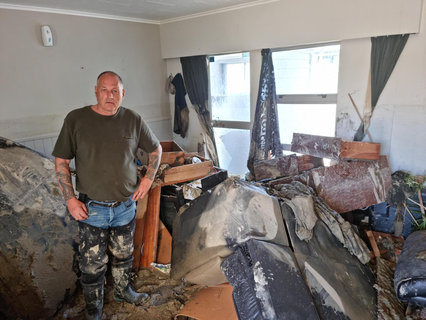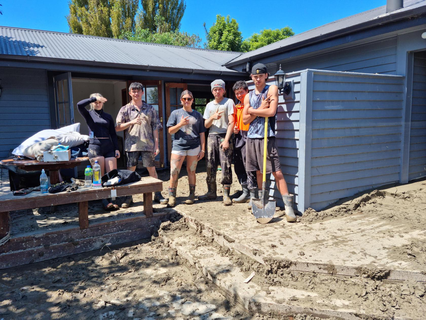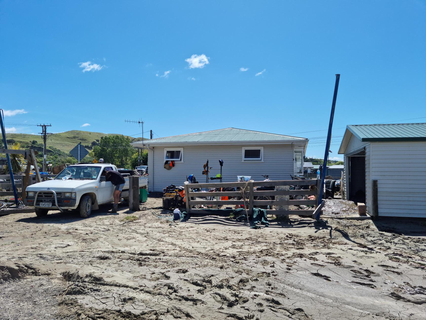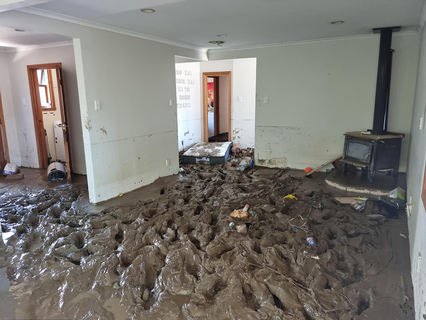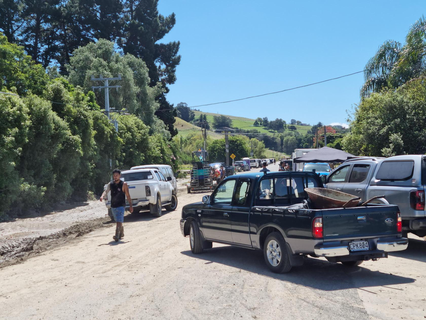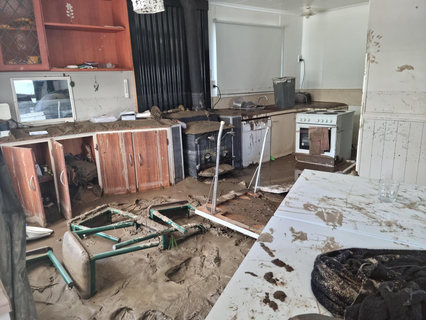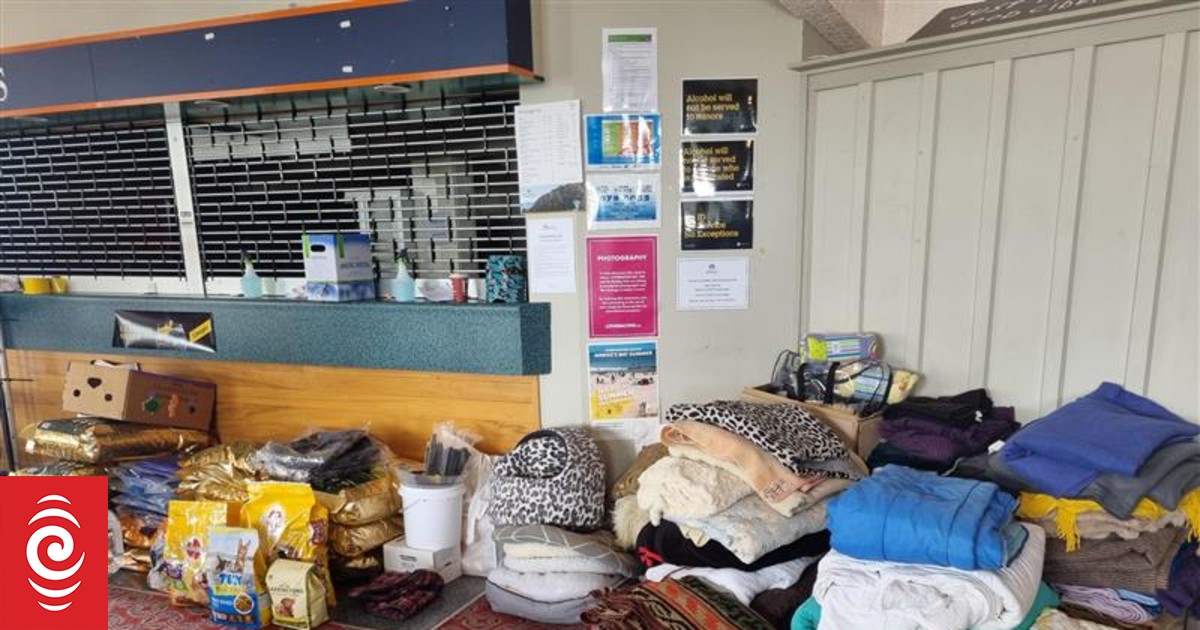What you need to know:
- Residents in Gisborne can use water again following a fix to the treatment works, but they should still try to conserve it.
- A national state of emergency has been declared. It is only the third in New Zealand's history.
- Auckland, Northland, Tairāwhiti, Bay of Plenty, Ōpōtiki, Whakatāne, Waikato, Thames-Coromandel, Hauraki, Tararua, and Napier and Hastings had already declared local states of emergency.
- Nine people have been confirmed killed in the storm, including a child and two firefighters.
- Hundreds are still without water or power in Gisborne.
- Additional police officers will be arriving in Hawke's Bay and Tairāwhiti to help with recovery efforts.
- And the navy's HMNZS Canterbury is on route to Hawke's Bay to help with aid.
- Many rivers remain flooded with water levels dangerously high and police say people should stay away and not put themselves at risk.
- More than 4500 people have been registered as uncontactable.
- Prime Minister Chris Hipkins has warned the rebuild from Cyclone Gabrielle will be enormous and lengthy.
- Want to help? Here's how.










